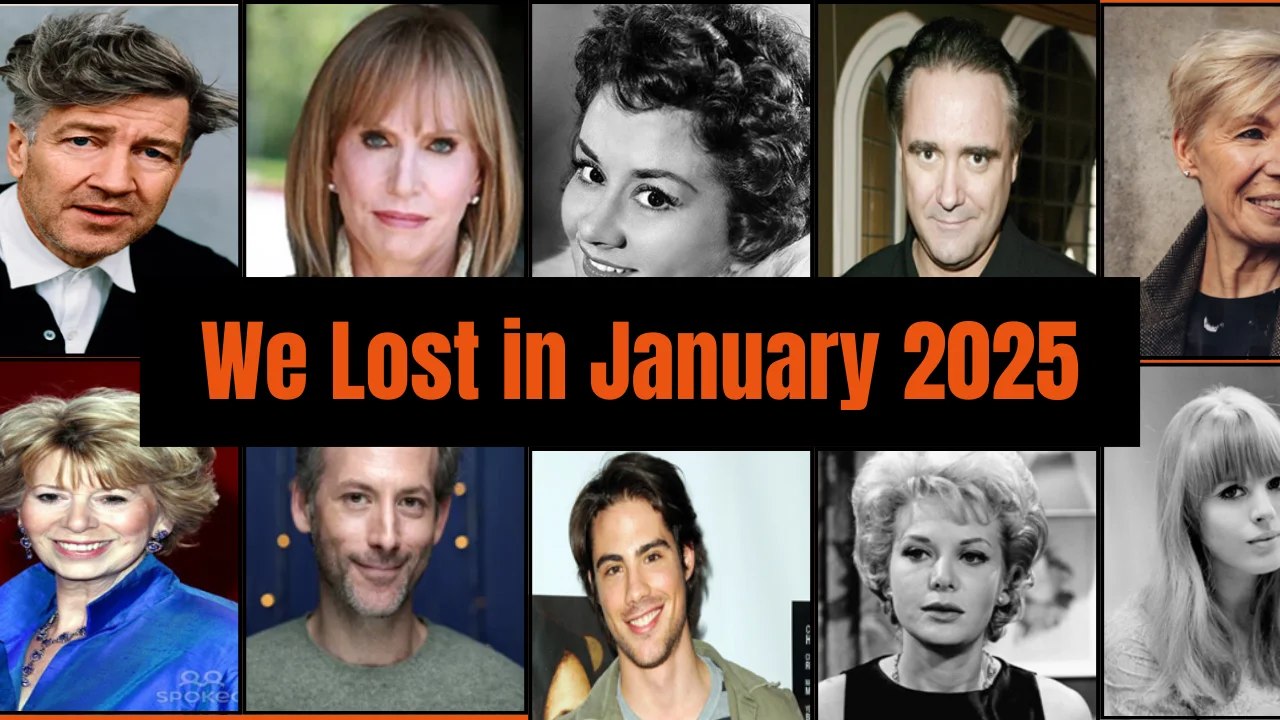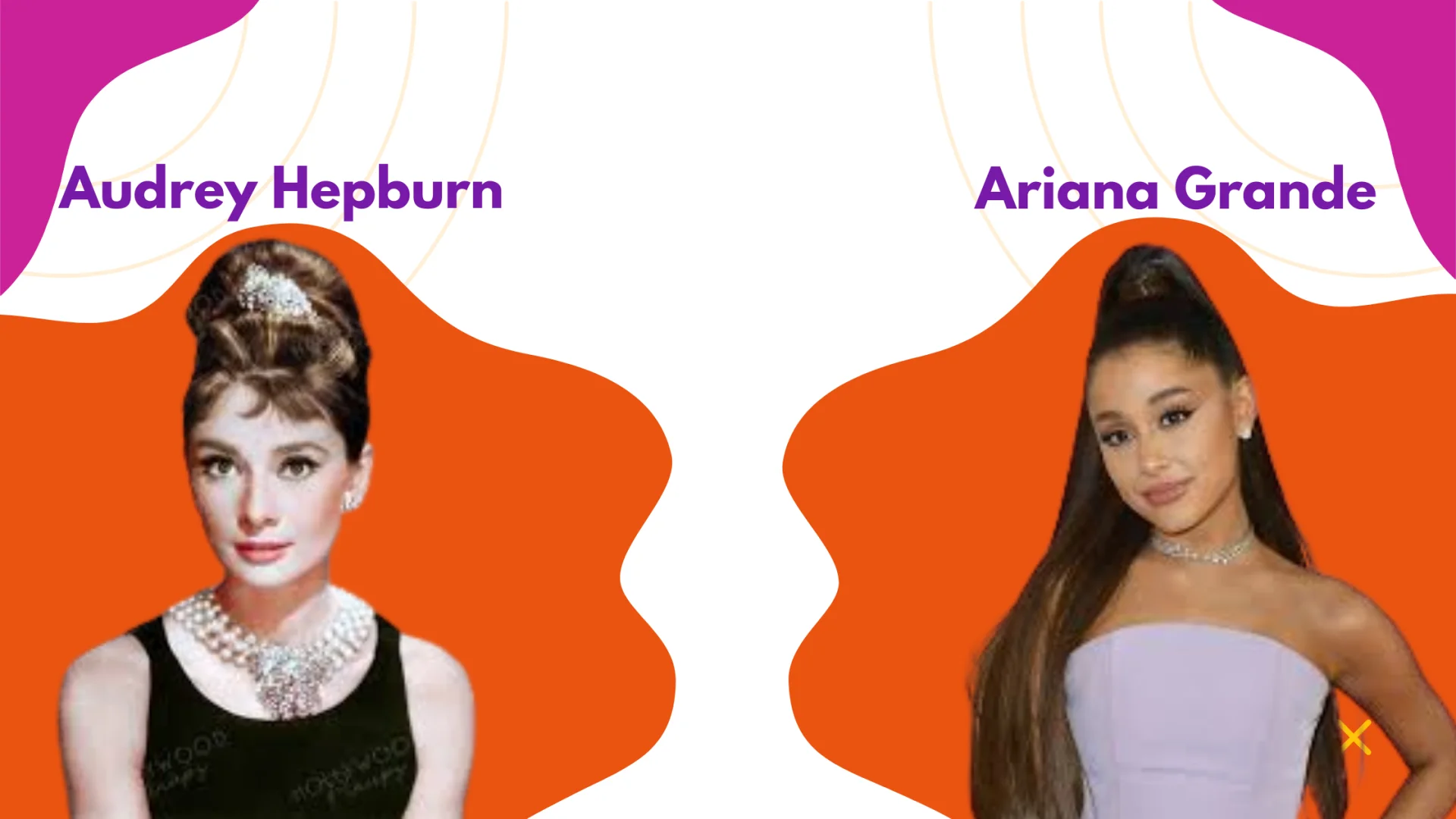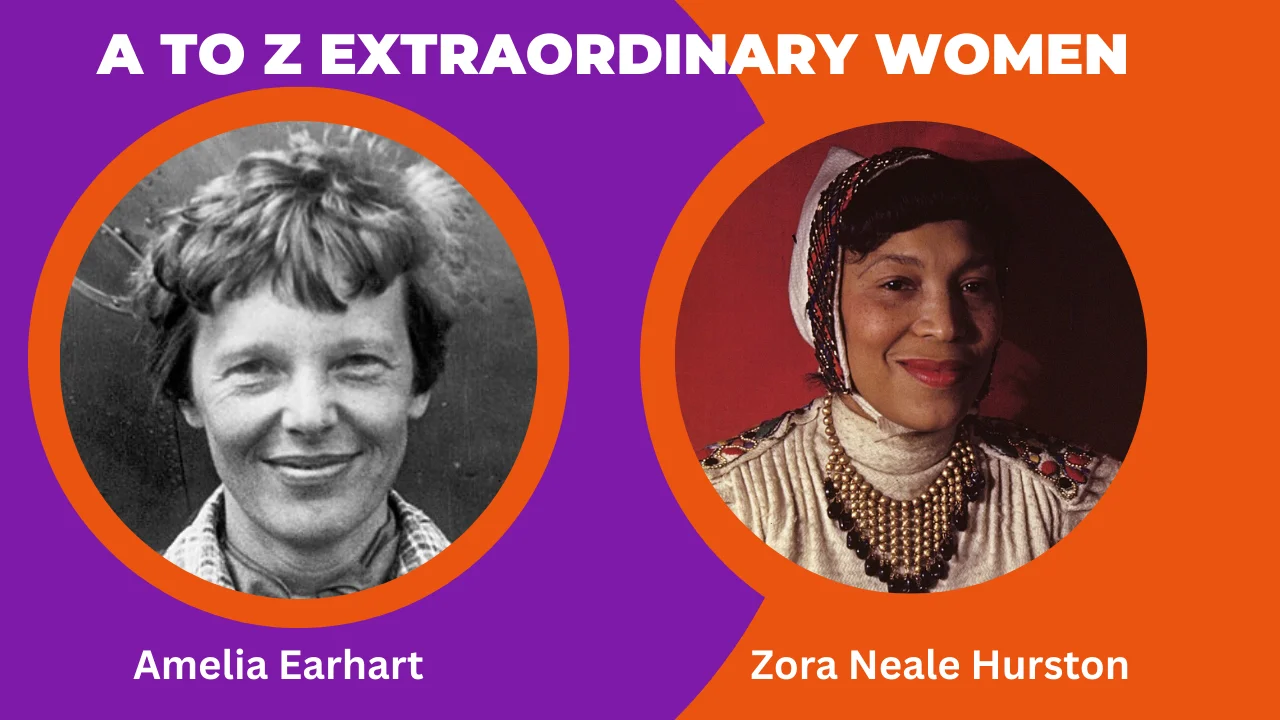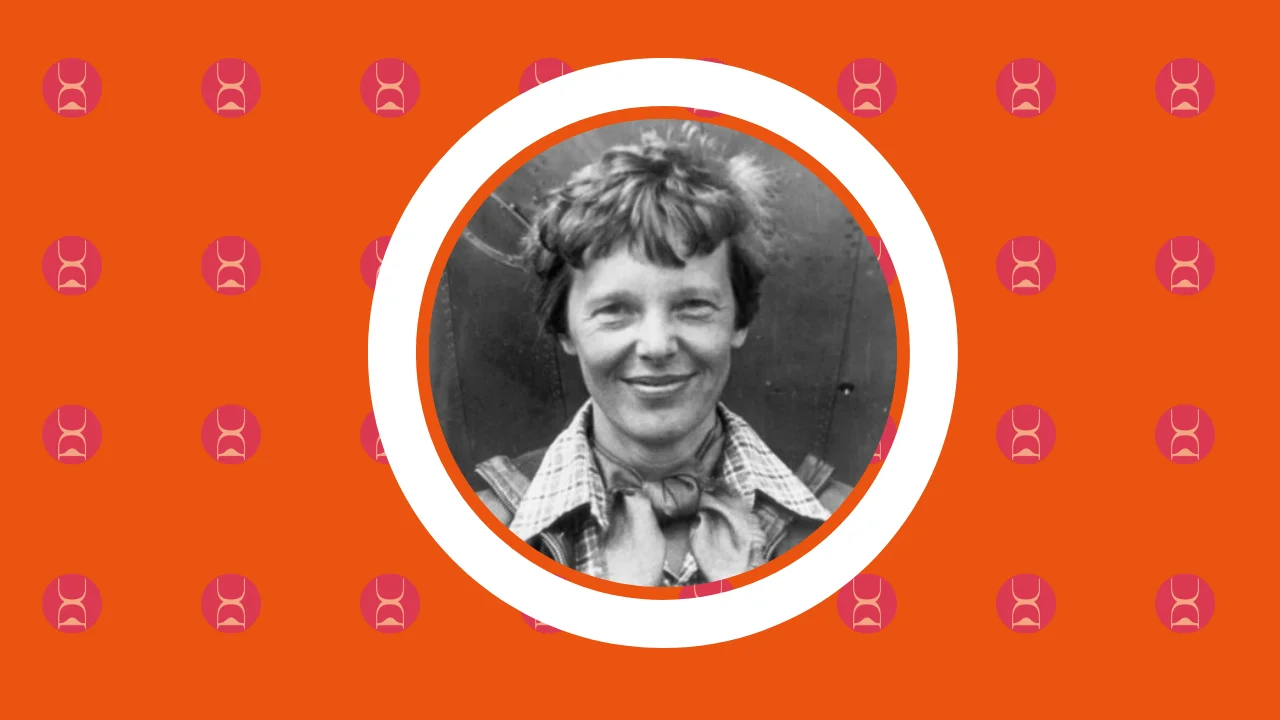Octavia Butler: The Sci-Fi Visionary Who Broke Barriers
05 Mar 2025
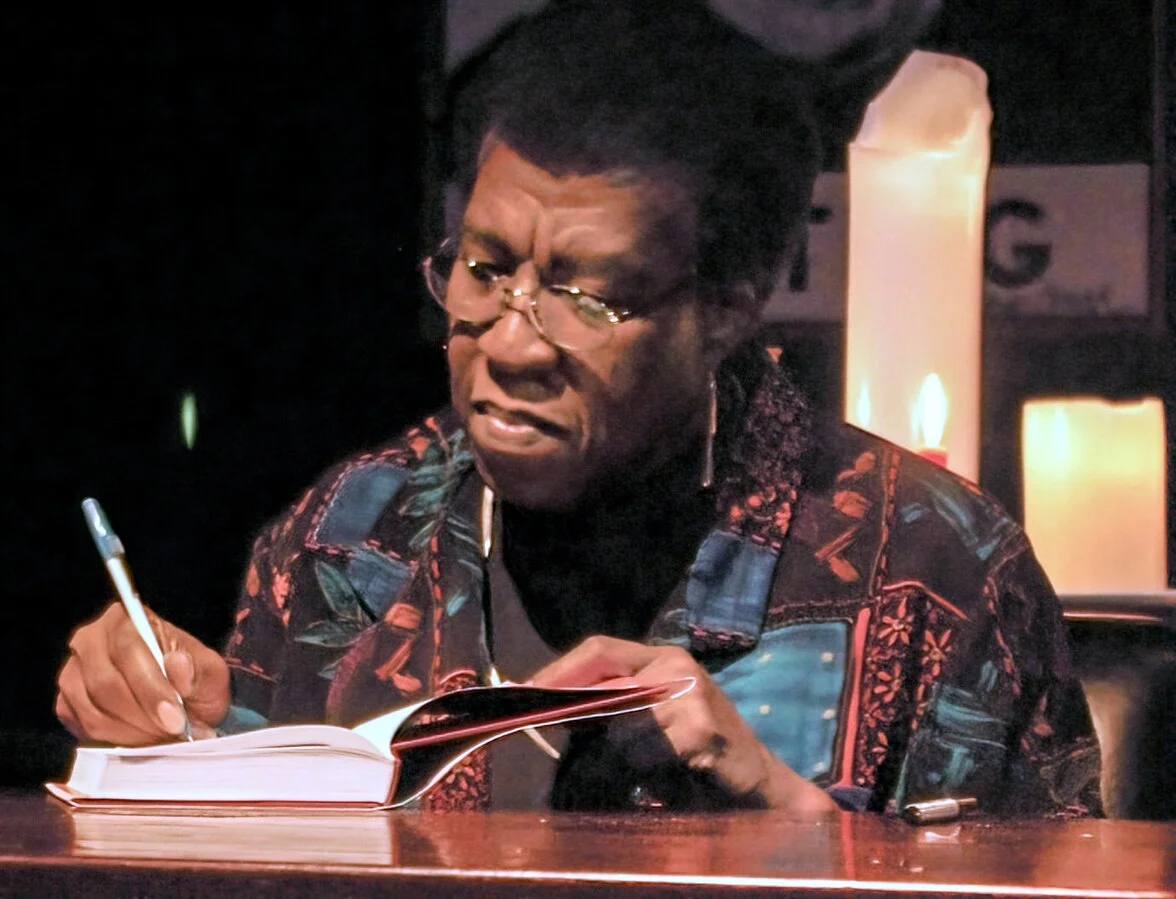
Few authors have reshaped the landscape of science fiction like Octavia Butler. A literary pioneer, Butler was a Black woman in a genre historically dominated by white men.
Butler’s groundbreaking work blended science fiction with deeply human themes, tackling race, gender, and power dynamics with a unique perspective.
Through novels such as Kindred, Parable of the Sower, and Dawn, she revolutionized speculative fiction and paved the way for future generations of diverse writers.
Despite facing immense obstacles, Butler’s unwavering determination and visionary storytelling cemented her legacy as one of the most influential science fiction writers of all time.
This article explores her journey—from humble beginnings to literary stardom—highlighting her challenges, achievements, and the lasting impact of her work.

The Making of a Visionary: Octavia Butler’s Early Life and Influences
Octavia Estelle Butler was born on June 22, 1947, in Pasadena, California. Raised by her mother, a domestic worker, and her grandmother after the early death of her father, Butler’s upbringing was marked by economic struggles and societal challenges.
She was a painfully shy child who found solace in books and storytelling. At the age of 10, she discovered her passion for writing after watching the science fiction film Devil Girl from Mars, deciding she could create better stories herself.
Butler’s early reading included science fiction greats like Ray Bradbury and Isaac Asimov, but she quickly became aware of the genre’s lack of diversity. Butler did not see people who looked like her in these stories, leading her to reimagine science fiction in a way that included Black protagonists and addressed issues of race and power.
“I needed my fantasies to shield me from the world,” – Octavia Butler
Encouraged by her mother, she pursued her love of writing, despite being told repeatedly that a Black woman could never succeed in science fiction. Butler’s persistence would ultimately prove those naysayers wrong.
Lesson: Perseverance in the Face of Adversity –Butler faced numerous challenges, including racism, sexism, financial struggles, and self-doubt. Despite being told that a Black woman could not succeed in science fiction, she persisted and proved her critics wrong. Her determination teaches us that success often requires resilience and the courage to keep going even when the odds seem stacked against us.

Breaking Boundaries: Butler’s Career and Notable Works
Butler’s career took off in the 1970s when she attended the Clarion Science Fiction and Fantasy Writers’ Workshop, where she studied under notable authors like Harlan Ellison.
Her big break came in 1976 with the publication of Patternmaster, the first book in her Patternist series. This novel introduced readers to Butler’s signature style—deeply imaginative, socially conscious, and unafraid to challenge convention.
Butler’s 1979 novel Kindred became one of her most acclaimed works. It tells the story of a Black woman who is repeatedly transported back in time to the antebellum South, where she must ensure the survival of her white ancestor, despite the horrors of slavery. Blending historical fiction with science fiction, Kindred remains a defining work in both genres.

source: medium.com
In the 1990s, Butler released the Parable series, including Parable of the Sower (1993) and Parable of the Talents (1998). These dystopian novels, eerily prescient in their depiction of climate disaster, societal collapse, and authoritarian rule, introduced readers to Lauren Olamina, a protagonist whose philosophy, Earthseed, has influenced real-world social movements.
The themes of resilience, adaptation, and hope in these works showcase Butler’s ability to merge science fiction with urgent socio-political issues.
“You got to make your own worlds. You got to write yourself in. Whether you were a part of the greater society or not, you got to write yourself in. – Octavia Butler”
Lesson: The Power of Vision and Representation – Butler recognized the lack of diversity in science fiction and took it upon herself to change the narrative. By creating Black protagonists and addressing issues of race, power, and identity, she paved the way for marginalized voices in speculative fiction. This underscores the importance of telling our own stories and ensuring diverse perspectives are included in all fields.
A Writer’s Triumphs: Butler’s Achievements and Legacy
Throughout her career, Butler received numerous accolades, solidifying her status as a science fiction icon. She was the first Black woman to win the Hugo and Nebula Awards, some of the highest honors in the genre.
In 1995, she made history again by becoming the first science fiction writer to receive the MacArthur Fellowship, often called the “Genius Grant.” This recognition affirmed the literary and cultural significance of her work.
Butler’s influence extends far beyond awards. Her storytelling has inspired generations of writers, particularly those from marginalized backgrounds, to enter the speculative fiction realm.
She proved that science fiction could be a vehicle for exploring identity, systemic injustice, and the complexities of the human experience.
Today, her work is studied in academic settings and celebrated by authors and filmmakers who cite her as an inspiration. The themes she explored—climate change, social inequality, and resilience—remain as relevant as ever.
Lesson: Storytelling as a Tool for Change–Through works like Kindred and the Parable series, Butler used science fiction as a means to explore real-world issues like systemic oppression, climate change, and societal collapse. Her work demonstrates that storytelling is not just entertainment—it’s a powerful way to inspire change, provoke thought, and challenge societal norms.
Perseverance Against the Odds: Butler’s Personal Life and Challenges
Despite her success, Butler faced significant personal and professional struggles. Throughout her career, she dealt with self-doubt and impostor syndrome, often questioning whether her work was good enough.
She also battled financial instability early on, taking on temporary jobs to support herself while writing.
As a Black woman in a field dominated by white men, she encountered racism and sexism, both in the publishing industry and among science fiction audiences.
Yet, she remained steadfast in her vision, refusing to conform to industry expectations. Her determination and belief in her work kept her going, even when the odds seemed insurmountable.

Butler was also intensely private, choosing a life dedicated to her craft rather than marriage or children. She struggled with health issues in her later years, and tragically, her life was cut short when she passed away from a stroke on February 24, 2006. However, her impact did not end with her passing—her books continue to resonate, and her legacy remains stronger than ever.
Conclusion: The Enduring Power of Butler’s Vision
Octavia Butler’s journey from a shy, dyslexic child in Pasadena to a literary legend is a testament to resilience, vision, and the transformative power of storytelling.
Through her groundbreaking works, she shattered barriers in the science fiction genre, giving voice to perspectives that had long been ignored. Her novels continue to challenge readers to think critically about society, power, and the future.
Butler’s life and career serve as a beacon of inspiration for aspiring writers and changemakers. She showed the world that speculative fiction is not just about spaceships and futuristic technologies—it is a powerful lens through which we can examine and reshape our reality.
As the world continues to grapple with the themes she explored, her works remain as vital and thought-provoking as ever. Butler may have left this world too soon, but her stories—and the truths they reveal—will endure for generations to come.
